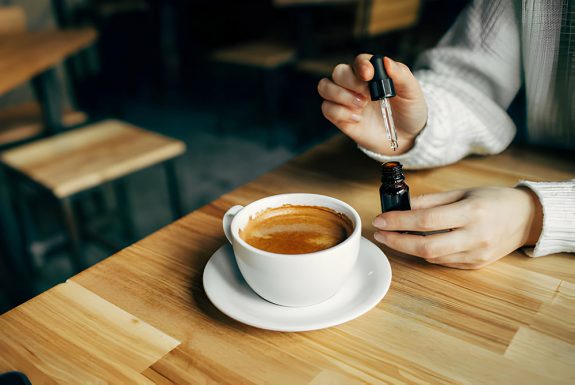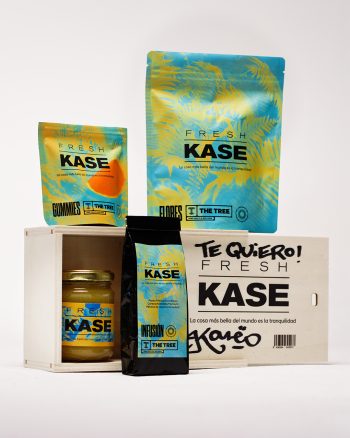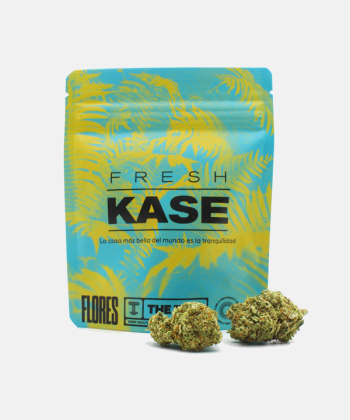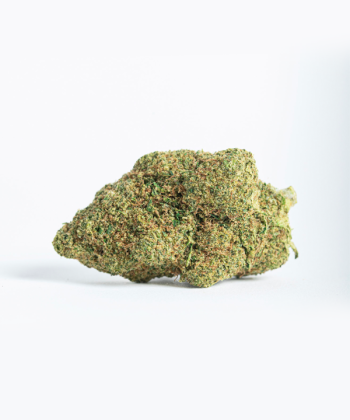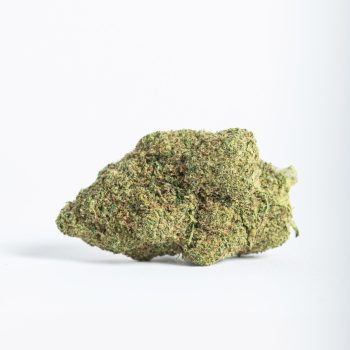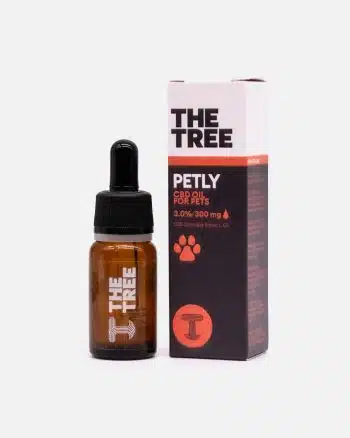Cannabidiol (CBD) has emerged as a compound of great interest in recent years. However, with its growing popularity also comes important questions about its detection in the body, especially for those subject to substance testing in the workplace or in legal contexts. One of the most frequently asked questions is: how long does CBD remain in saliva?
This question is not only relevant for privacy and legal reasons, but also to better understand how the body processes this compound. As with THC and other cannabinoids, CBD can be consumed in various forms, which leave traces in the body. Hair, blood and saliva are the areas where cannabinoids tend to remain after cannabis consumption.
In this article, we will focus on the latter, explaining how and why CBD remains in saliva and for how long.
Ways to detect CBD in the body
As discussed above, CBD and other cannabinoids often remain in various areas of the body. A sample of these can be tested for traces of CBD. For this reason, there are several ways to detect CBD in the body:
- Blood tests: although this is not usually found in normal blood tests, there are specific blood tests to detect the presence of cannabinoids in the blood.
- Saliva tests: Saliva tests are very common and are probably the most widely used method to detect cannabis use. In addition, excessive consumption of CBD products could lead to a positive test for cannabis use, as they contain a small percentage of THC.
- Capillary analysis: this is one of the most effective methods for the detection of any substance, but it is also the least used.
Reliability and procedure of salivary CBD tests
Salivary tests have become a popular tool for determining the presence of cannabinoids in the body, due to their ease of use and the speed with which results can be obtained. But how reliable are these tests and what exactly do they consist of?
The reliability of saliva tests lies in their ability to detect traces of cannabinoids directly in saliva, reflecting recent use. The process is surprisingly simple: a swab or special device is used to take a sample of saliva from inside the individual’s mouth.
This sample is then tested for cannabinoids, including CBD, using specific analytical techniques. Unlike blood tests, which can require specialised equipment and more complex processes, saliva tests can be performed virtually anywhere, making them ideal for screening situations such as traffic stops.
However, it is important to note that while these tests are effective in detecting recent CBD use, the window of detection can vary significantly from person to person.
Factors such as frequency of use, amount consumed and the individual’s own metabolisation can influence how long CBD remains detectable in saliva.
Generally, it is considered that CBD can be detected in saliva for up to 72 hours after consumption, but this may be shorter or longer depending on the individual circumstances discussed above.
Furthermore, although salivary tests are efficient in detecting the presence of CBD, it is crucial to understand that not all tests differentiate between CBD and other cannabinoids, such as THC, which has legal implications.
Tests for cannabis use that are used in law enforcement specifically look for the presence of THC. However, full-spectrum CBD products incorporate a THC content of up to 0.2 %. This means that excessive consumption of these types of CBD products can result in a positive test result.
The best way to prevent this situation is to avoid consuming full-spectrum CBD products, or to allow 72 hours between consumption and driving. Another option we can take is to turn to full-spectrum CBD products or CBD-isolated CBD products, such as vapes and e-liquids, as these are completely free of THC.
Finally, The Tree CBD would like to remind you once again that not all forms of consumption are allowed for all CBD products. Oils and creams are limited to topical use, buds and resin to decoration and aromatherapy, and vapes and e-liquids to inhalation. Other forms of consumption or application are considered a misuse of the product by the user.

